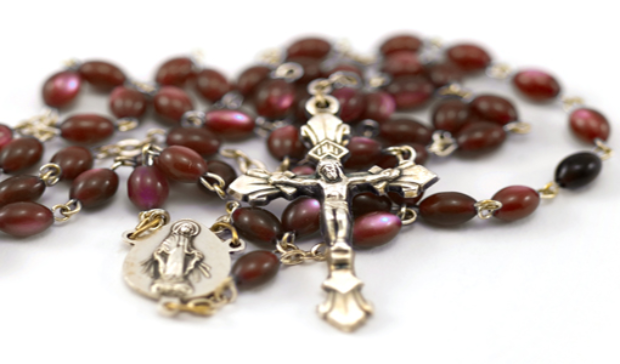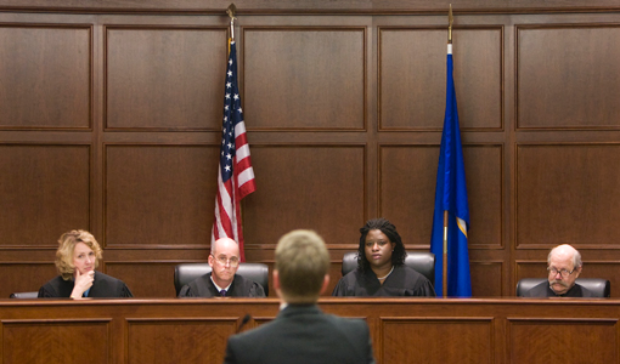 The end of the Jubilee year has not yet come to pass, but enough Jubilee celebrations have taken place to leave an enduring impression on those involved in Catholic education. One celebration in particular, the Jubilee for University Professors, strikes me as especially apt for our work in Catholic Studies. “What kind of men and women,” Pope John Paul II poignantly asked participants, “are being prepared by the university today?”
The end of the Jubilee year has not yet come to pass, but enough Jubilee celebrations have taken place to leave an enduring impression on those involved in Catholic education. One celebration in particular, the Jubilee for University Professors, strikes me as especially apt for our work in Catholic Studies. “What kind of men and women,” Pope John Paul II poignantly asked participants, “are being prepared by the university today?”
It is a question to be taken seriously in Catholic Studies.
In considering this question, we should speak of our commitment to the intellectual vitality of Catholicism and our commitment to introducing students into conversations of culture and faith. Our goal is not only to introduce them to a predetermined set of figures or historical categories, but also to introduce them to the comprehensiveness of Catholic life.
One example has been a new series of presentations on Catholic piety and spirituality. The Rev. William Baer, rector of St. John Vianney Seminary, launched a semester-long series concerning spirituality. Father Baer focused on the diversity of expressions of religious piety and practice, and encouraged students to consider the variety of paths the Church has offered to followers of Christ throughout its 2,000-year history. Students were encouraged to view their personal practice of piety as one expression among many in which the life of Christ takes root in an individual.
The same commitments to the comprehensiveness of Catholic education offered by the pope were echoed by Archbishop Harry Flynn at a recent conference on Catholic Studies programs. In speaking of Catholic Studies programs, Archbishop Flynn commented that “students can encounter Catholicism through philosophy, theology, literature, art and history – but not in isolation. … [They] consider what role the Church plays in culture and life and examine how Catholicism interacts with the modern world.” One senses in Archbishop Flynn’s remarks the emphasis on the broadness of the Church’s relationship to the world. Our students come to know not merely a monolithic tradition, but a variety of expressions of the living tradition of the Church.
Most thankfully, we have an archbishop who is committed to the vision of our program in more than mere rhetoric. This fall, for example, he took time to join all of our students in an opening-year Mass and reception. The attraction of his pastoral character, as well as his public support for Catholic Studies, has contributed greatly to the hope and optimism of the program.
The series on spirituality, as well as the Mass with the archbishop, were just two of the many aspects of the program this semester that gave witness to our commitment to Catholic Studies. It can be challenging, and at times overwhelming, when one considers the vastness of the living Church, and its theological and cultural traditions. It is a challenge, though, well worth undertaking and one that we expect will help build a program that sees its way through with continued help from our generous supporters.






